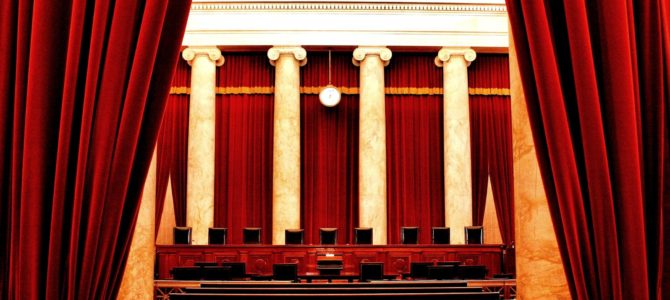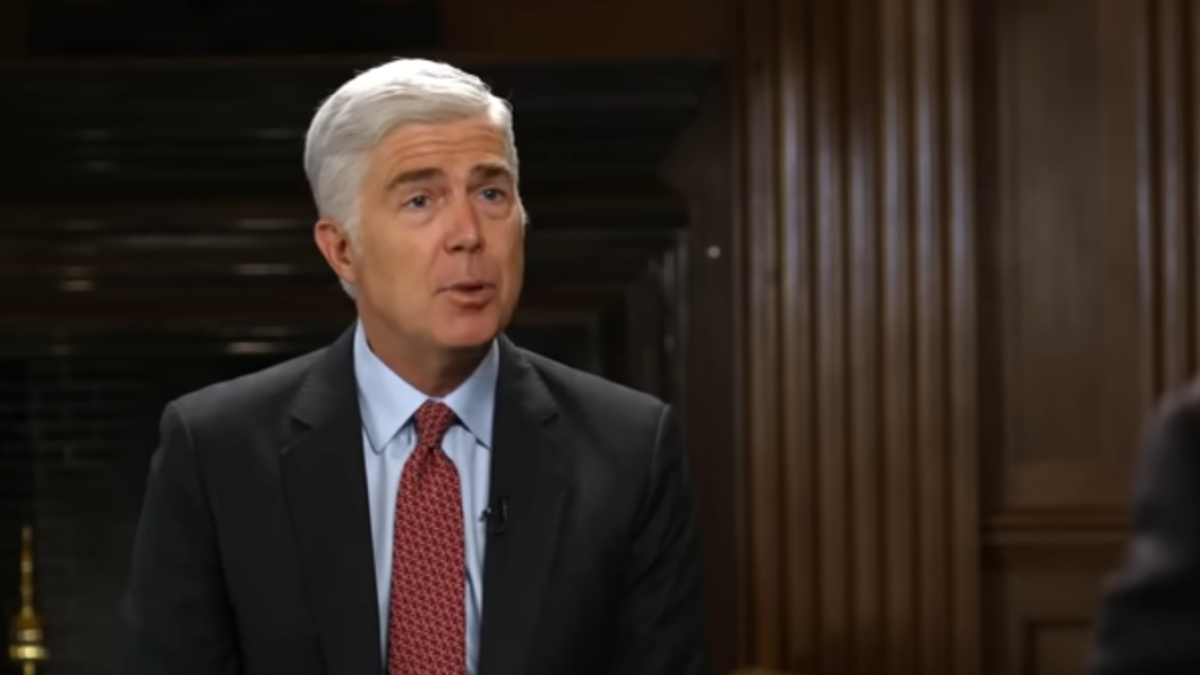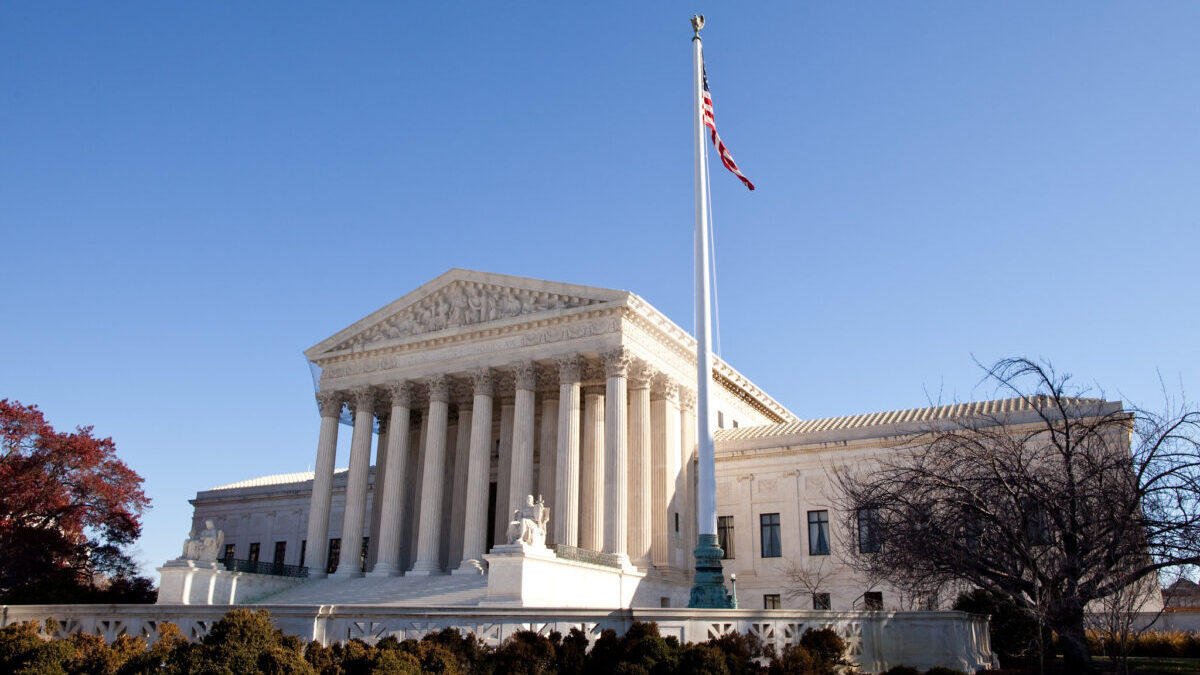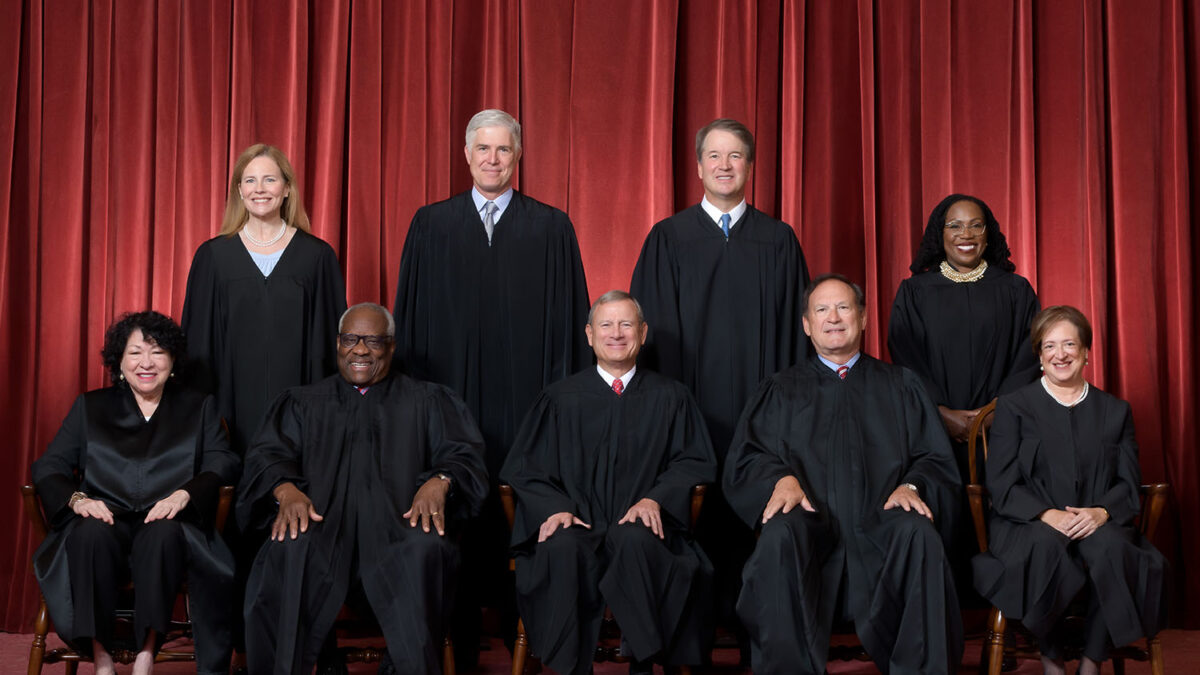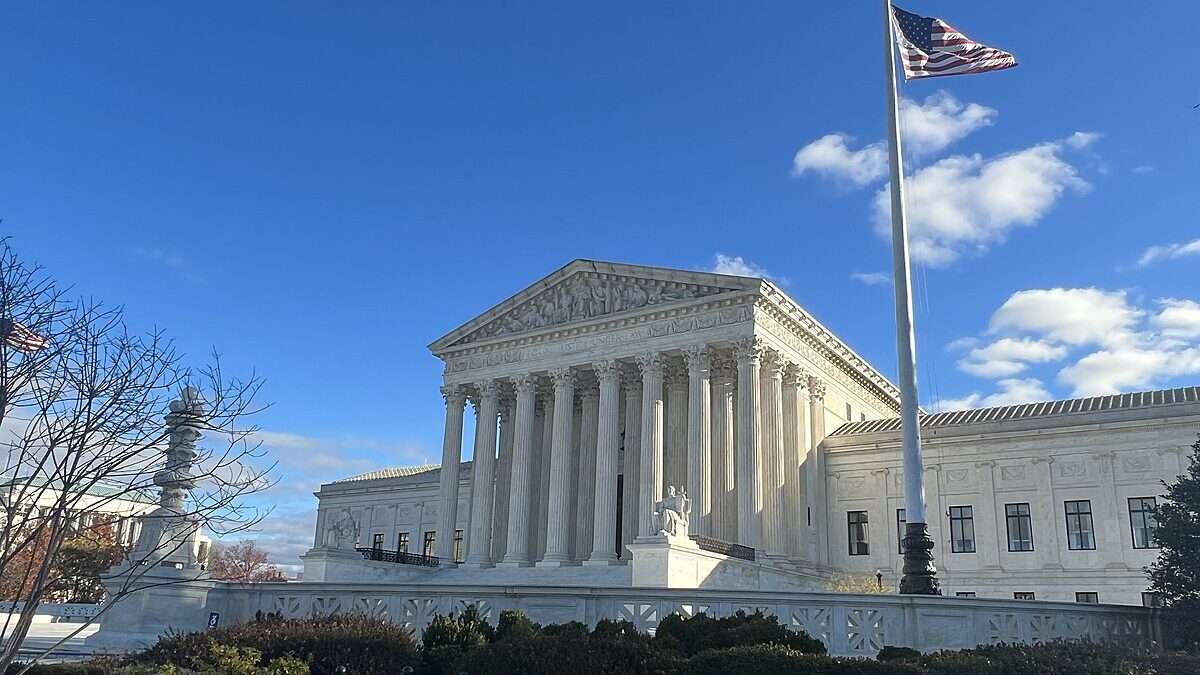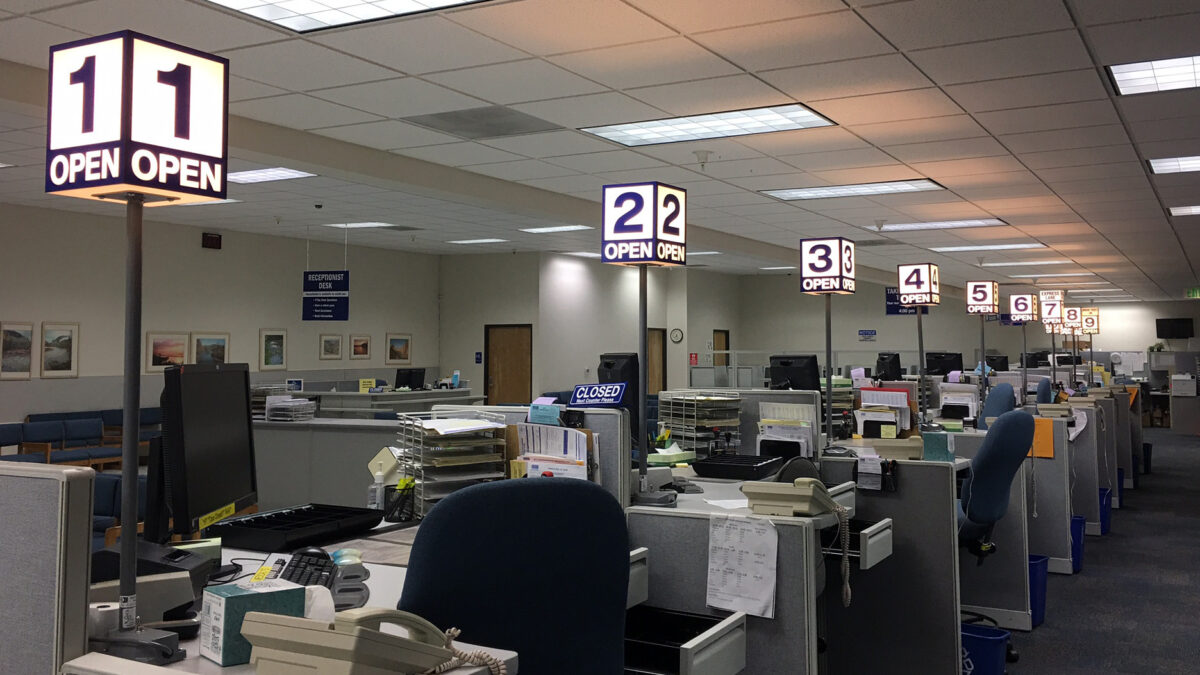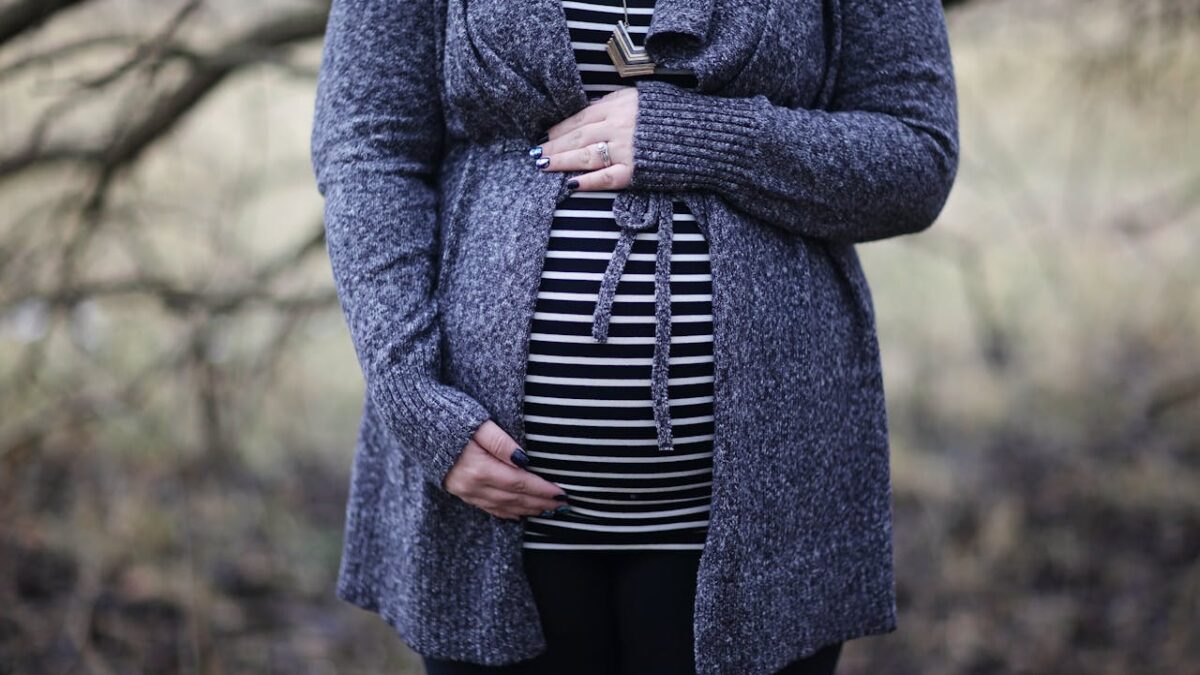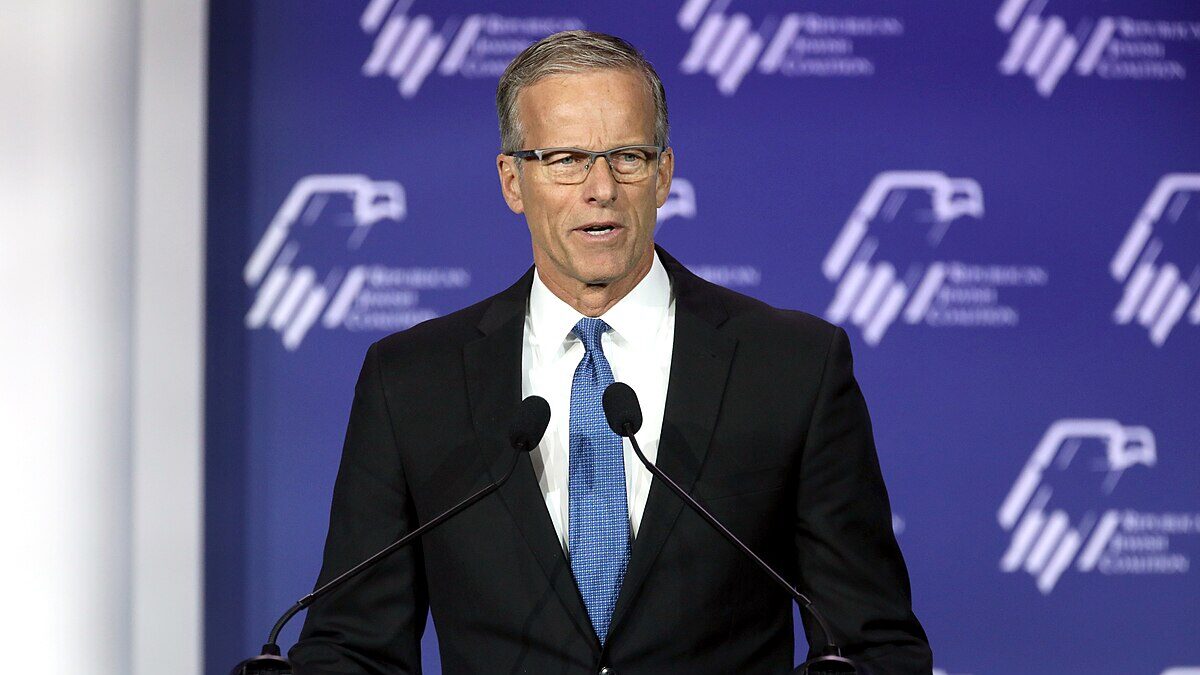On Thursday, the Supreme Court held that California cannot force nonprofits to disclose the names of their donors. By rendering California’s donor policy unconstitutional, Americans for Prosperity Foundation v. Bonta reaffirms Americans’ right to freely associate.
In its decision, the Court sided with Americans for Prosperity who argued that the California law violated their members’ right to freely associate.
Americans for Prosperity is a conservative and libertarian political advocacy group, who was represented by the Thomas More Law Center, a national nonprofit public interest law firm, dedicated to defending America’s Judeo-Christian heritage, religious freedom, and conservatism. These conservative challengers were joined by a diverse coalition of interest groups from across the ideological spectrum — such as the NAACP Legal Defense and Education Fund, the ACLU, and the Human Rights Campaign — to oppose California’s unconstitutional policy.
“The gravity of the privacy concerns in this context is further underscored by the filing of hundreds of organizations as amici curiae in support of the petitioners,” Chief Justice Roberts emphasized in his majority opinion. “Far from representing uniquely sensitive causes, these organizations span the ideological spectrum, and indeed the full range of human endeavors.”
“The deterrent effect feared by these organizations is real and pervasive,” Roberts noted.
Prior to the Court’s decision, California “requir[ed] organizations that solicit charitable contributions in [the] state to file copies of their federal IRS Form 990 tax forms. These forms include a list of all donors to contribute at least $5000 in a given year.” That policy is now facially invalid.
The case began in December 2014 when Americans for Prosperity sued then California Attorney General Kamala Harris alleging that the state’s reporting requirement violated its First Amendment rights to speech and association. The defendant of the case shifted, as different California attorney generals filled Harris’s role.
Carrie Severino, president of the Judicial Crisis Network, applauded the Court’s decision as “a huge victory for anonymous speech and donor privacy, which have played an essential role in our nation’s history from its inception.”
Severino said the decision “reaffirms” the Court’s 1958 decision in NAACP v. Alabama, “which held that the ‘freedom to engage in association for the advancement of beliefs and ideas is an inseparable aspect of […] freedom of speech.”
Today’s ruling in Americans for Prosperity Foundation v. Bonta is a huge victory for anonymous speech and donor privacy, which have played an essential role in our nation’s history from its inception. /1
— Carrie Severino (@JCNSeverino) July 1, 2021
The case is a strong rebuke of states like California, whose forced disclosure laws are now facially invalid. A major victory for those—on both the right and the left—who sought protection from abusive governments that would bully or intimidate them for their views. /3
— Carrie Severino (@JCNSeverino) July 1, 2021
Today’s decision was supported by a broad coalition of interest groups who filed friend of the court briefs. These groups cover the ideological spectrum. The Court observed, “The deterrent effect feared by these organizations is real and pervasive.” /4
— Carrie Severino (@JCNSeverino) July 1, 2021
As the Chief Justice noted in his majority opinion, “the [district] court found that the petitioners had suffered from threats and harassment in the past, and that donors were likely to face similar retaliation in the future if their affiliations became publicly known.” /6
— Carrie Severino (@JCNSeverino) July 1, 2021
Heritage Foundation’s President Kay C. James also praised the Court’s decision as “a victory for the First Amendment and the freedom of association” against a “draconian California policy.”
“In an age of cancel culture—where anyone who publicly expresses views challenging radical, far-left ideas also risks losing his job, expulsion from school, harassment, and even death threats—this opinion is as much a victory for freedom as it is a rebuke to the woke mob,” she said.
